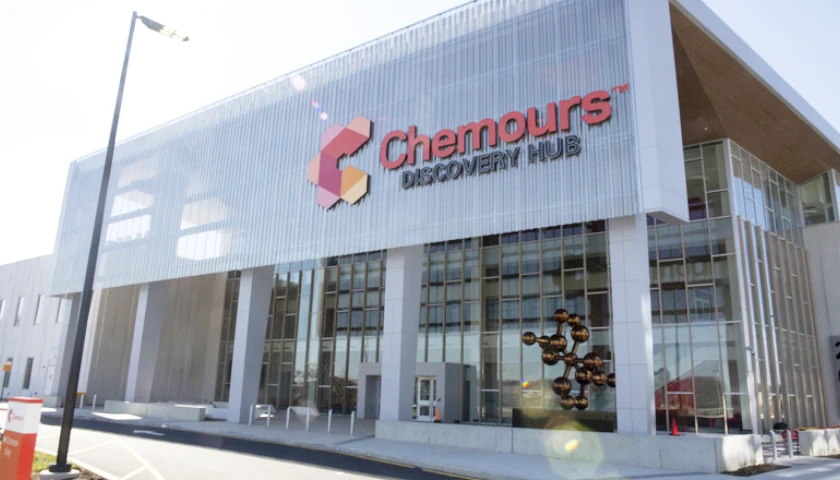by Alan Wooten
Health advisories issued by the U.S. Environmental Protection Agency about the risks of chemicals produced at a North Carolina plant on the Cape Fear River are lawful and not reviewable by a court.
In a ruling by three judges Tuesday at the 3rd U.S. Circuit Court of Appeals in Philadelphia, Justice Arianna Freeman wrote, “The health advisory provides guidance, but it imposes no obligations, prohibitions, or restrictions. The health advisory also does not give rise to any ‘direct and appreciable legal consequences.’”
Chemours has disagreed with how the EPA assessed data and reached its advisory on two chemicals – hexafluoropropylene oxide dimer acid and the ammonium salt of HFPO dimer acid. The company said states have created law based on the EPA advisories.
Chemours’ statement, emailed to The Center Square, said in part, “We look forward to having the D.C. Circuit consider the merits of our arguments in connection with our pending challenge to the EPA’s MCL regulation.”
MCL is an acronym for maximum containment limit.
Cape Fear River Watch Executive Director Dana Sargent, in a statement, said, “Chemours fought this health advisory level for the same motivation behind all their actions: money. While the court did not acknowledge their smokescreen, we are grateful they rejected Chemours’ nefarious claim.”
The ruling comes a month after the seventh anniversary of the revelation – first reported by the StarNews newspaper in Wilmington – GenX was being released into the Cape Fear at the Fayetteville Works campus on N.C. 87. The river flows to the Atlantic Ocean, supplying drinking water to the growing Wilmington area.
Chemours, headquartered in Delaware, is a 2015 spinoff from DuPont. In Bladen County, it is the No. 2 contributor to the tax base behind Smithfield Foods, operator in Tar Heel of the world’s largest pork processing facility.
Chemours and other chemical companies – estimated to have collectively settled $11 billion worth of litigation in 2023 – are under the microscope for PFAS, the acronym for per- and polyfluoroalkyl substances. One of those getting attention is GenX, a trade name for C3 dimer acid.
Chemours’ statement said, “At Fayetteville Works we have made significant progress on addressing fluorinated organic chemical emissions, including eliminating more than 99% PFAS water emissions and achieving a 99.99% PFAS treatment efficiency level achieved by thermal oxidizer. Chemours has taken a broad and unprecedented set of actions, including investing hundreds of millions of dollars, to reduce PFAS discharges from Fayetteville Works. We know of no other company in North Carolina that has made such a significant investment to address PFAS emissions and legacy remediation.”
PFAS are widely used, long-lasting chemicals, components of which break down very slowly over time. They are used in everyday items such as nonstick pans, cosmetics, stain-resistant clothing and firefighting foams.
Studies vary on their harmful effects; more is known about their impact on animals than on humans. PFAS, the EPA says, “are found in water, air, fish, and soil at locations across the nation” and throughout the world.
As testing was done in Bladen County in the years after the 2017 discovery, many residents became aware of varying levels of GenX in ground water and the air in the surrounding area. Not all were elevated to what is believed harmful impact. Residents expressed varying levels of suspicion and acceptance about the effect.
Chemours, for 2023, had more than $1 billion in earnings before interest, taxes, depreciation, and amortization and $6 billion in net sales. Forty-five percent of sales were in North America.
– – –
Alan Wooten has been a publisher, general manager and editor. His work has won national or state awards in every decade since the 1980s. He’s a proud graduate of Elon University and Farmville Central High in North Carolina. Wooten is a managing editor for The Center Square.
Photo “Chemours Building” by Chemours.









